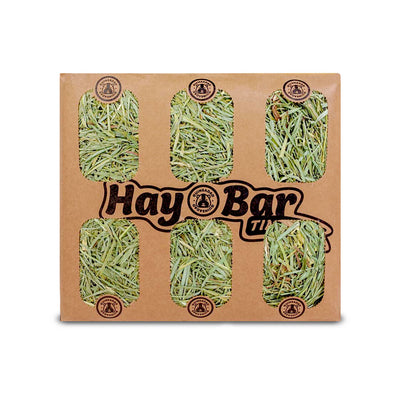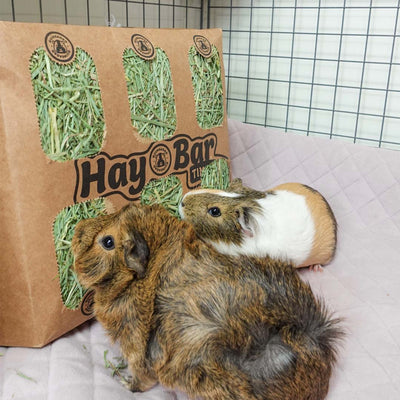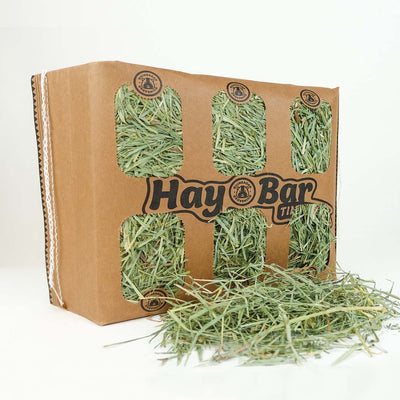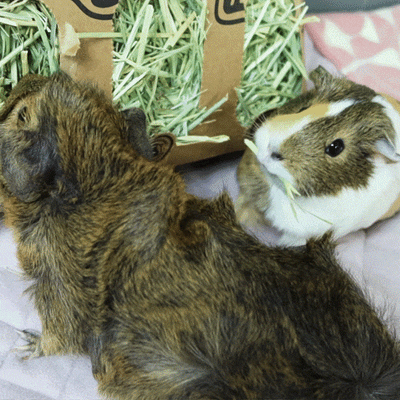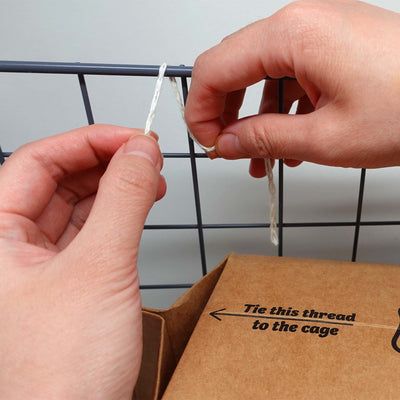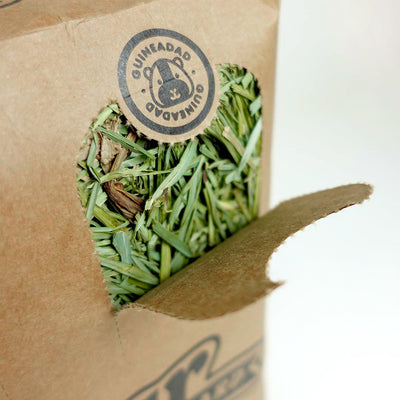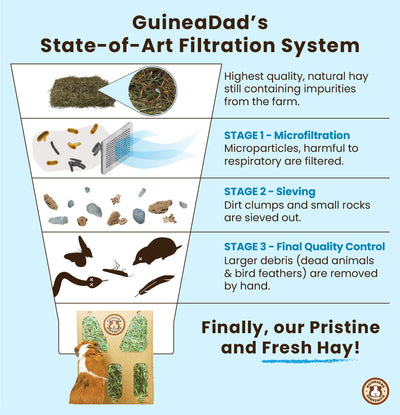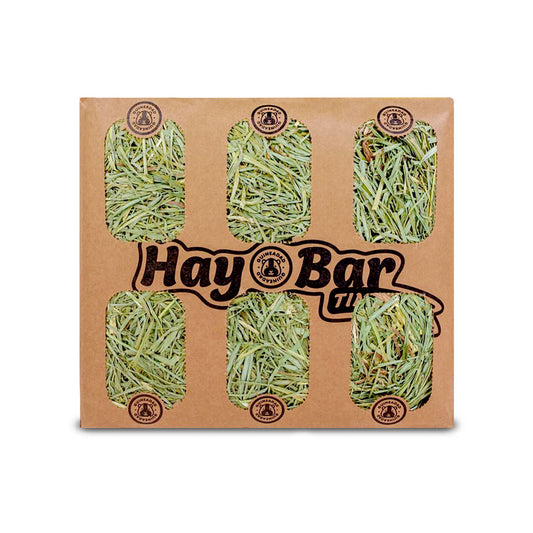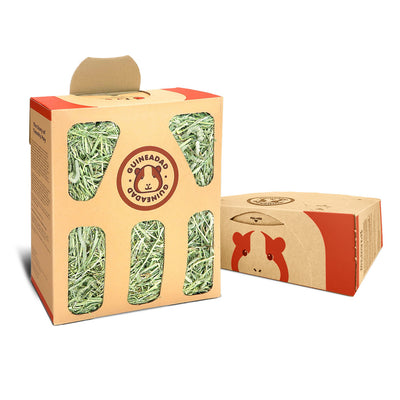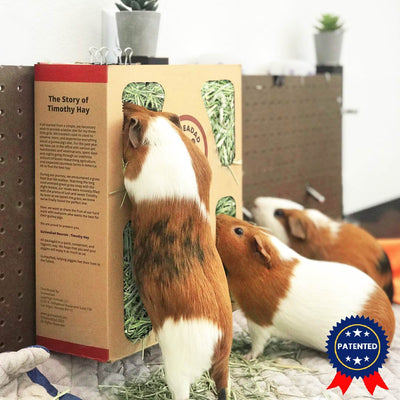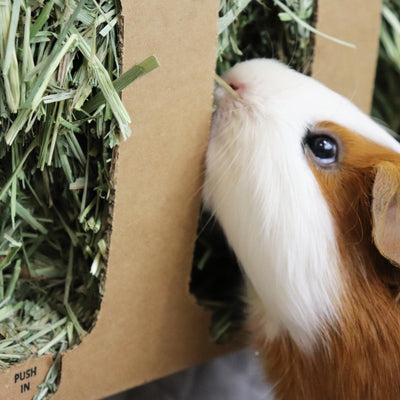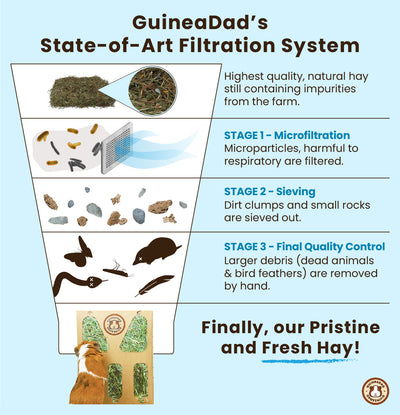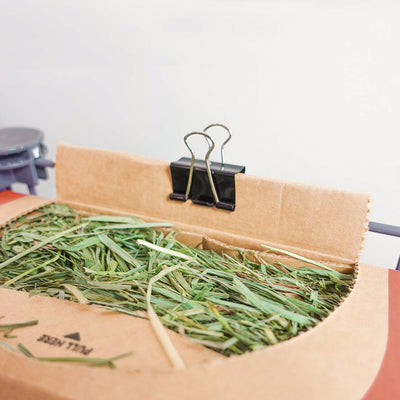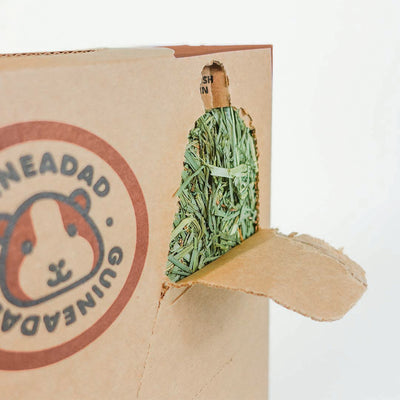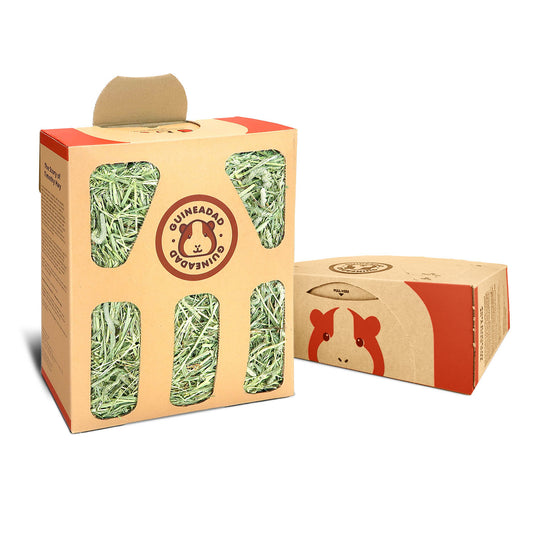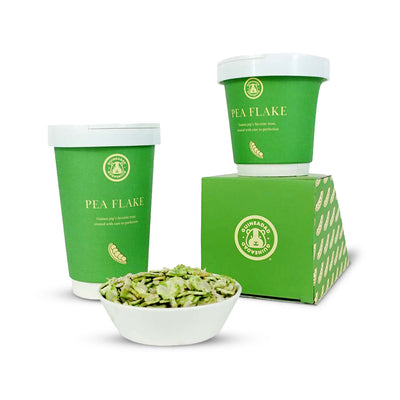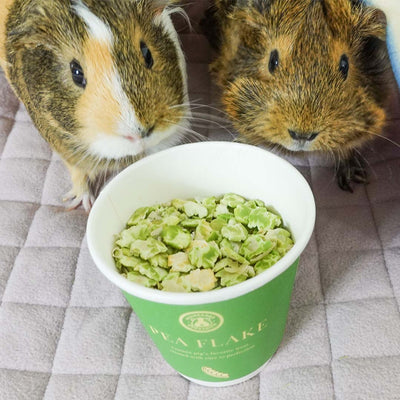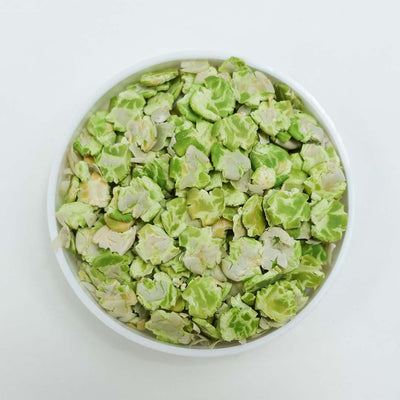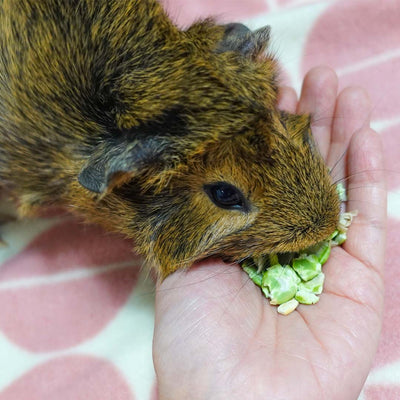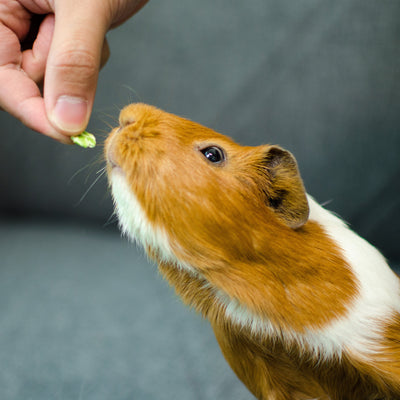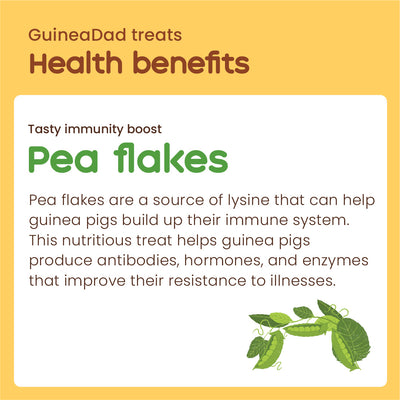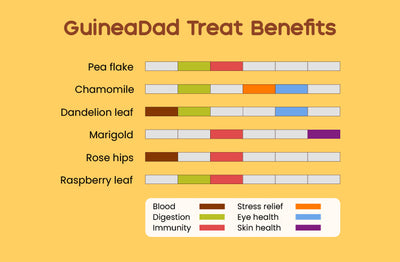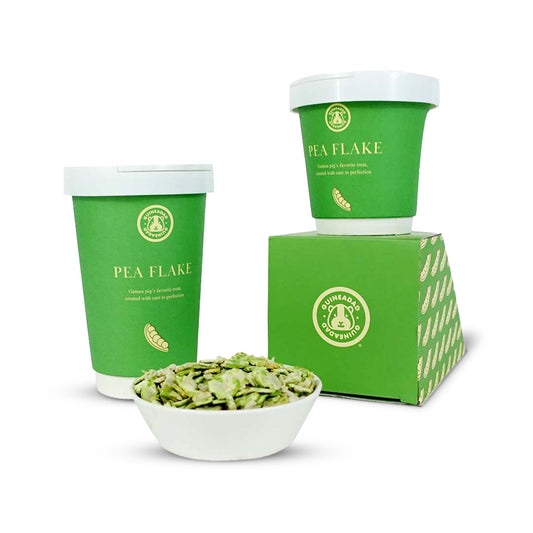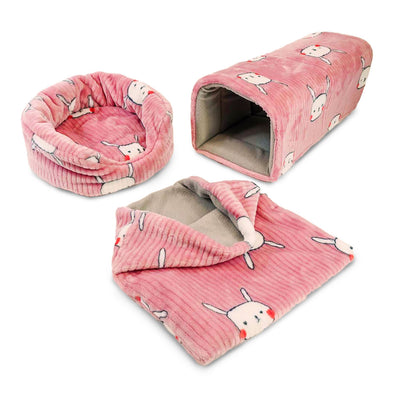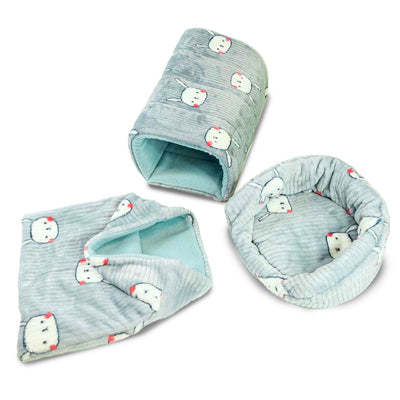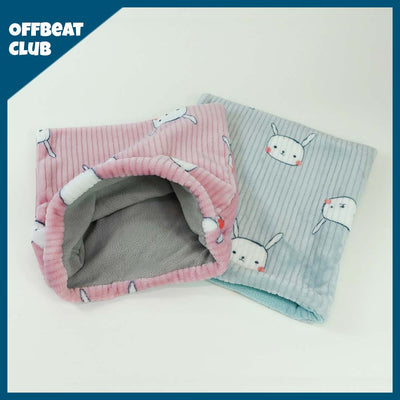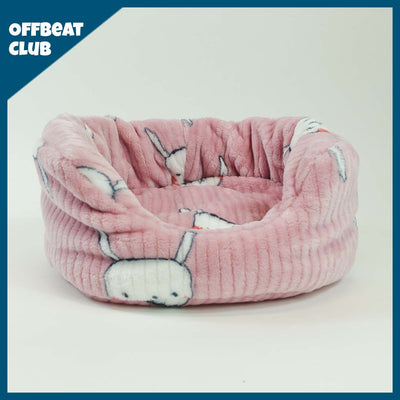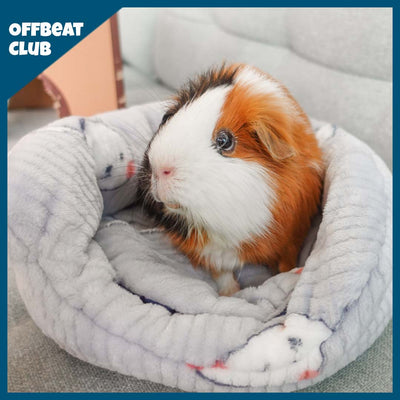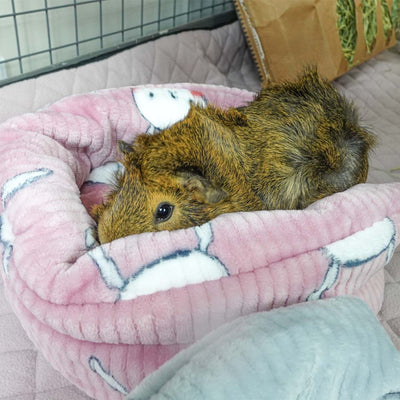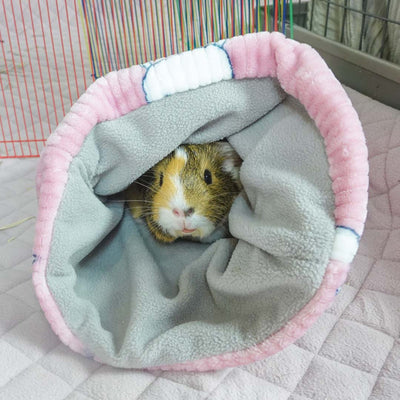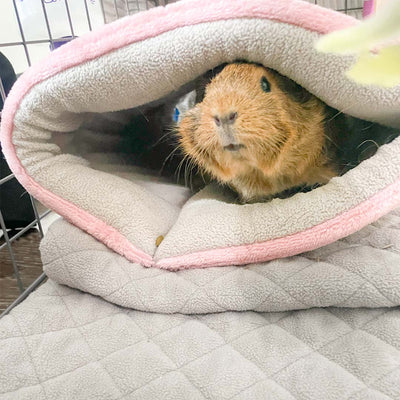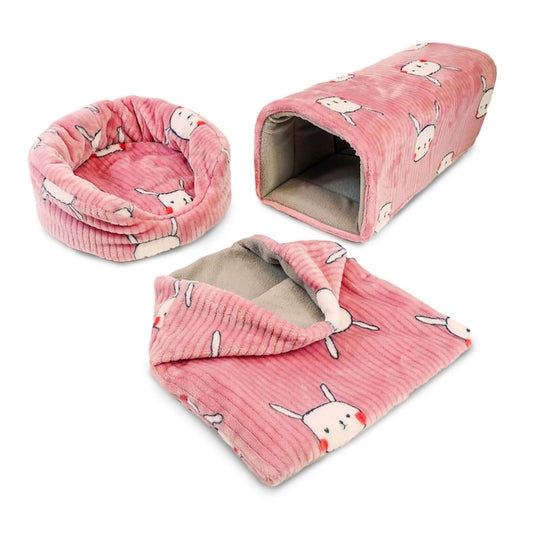Premise: You wake up in the middle of the night. Your head is pounding, you're drenched in sweat, and all you can think of is this one burning question:
"Can Guinea Pigs Eat Mushrooms??"
Read on for a detailed look at this interesting question, or watch this short video for a quick summary of the topic:
Can Guinea Pigs Eat Mushrooms?

We all know by now that the health and wellbeing of our guinea pigs depends significantly on them getting a balanced and nutritious diet. As responsible guinea pig owners, it's essential to understand what foods are safe for your furry friends and which should be avoided.
Mushrooms are a common food item in human diets, but can guinea pigs eat mushrooms? In this article, we will explore the suitability of mushrooms for guinea pigs and provide valuable insights to ensure your pets stay happy and healthy.
For a quick answer:
Yes, small bits of mushroom are safe for guinea pigs as long as they’re raw, washed, and come from a store, but even then, your guinea pigs are probably better off without them.
Should Guinea Pigs Have Mushrooms?
Sure, guinea pigs can eat some mushrooms, but no mushrooms are recommended for a guinea pig's diet. While raw, washed, store-bought mushrooms shouldn’t be toxic to your pet, the answer to whether guinea pigs can eat mushrooms is actually a bit complex.
While certain types of mushrooms are not toxic for guinea pigs, they don’t provide the nutrients that best serve guinea pigs’ diets, and many wild and exotic varieties of mushrooms pose severe and unnecessary risks.
Understanding Guinea Pig Nutrition
Before delving into the world of mushrooms, let's briefly discuss the nutritional needs of guinea pigs. Guinea pigs are herbivores, which means their diet primarily consists of plant-based foods.
Guinea pigs require a diet rich in high-quality hay, fresh vegetables, and a small portion of fruits. These small rodents are unable to produce their own vitamin C, so it's crucial to provide them with vitamin C-rich foods to prevent scurvy.
Here are are the primary considerations:
First and foremost, guinea pigs should never eat wild or unverified mushrooms. Similar to dogs, guinea pigs will be okay with small amounts of store-bought mushroom varieties, but many wild mushrooms can be fatal if even small amounts are ingested.
Raw vs Cooked Foods for Guinea Pigs
Frozen foods are known to harbor many types of bacteria that guinea pigs’ guts aren’t equipped to deal with. Similarly, in addition to diminished extractable nutrients, cooked foods present a number of threats to a guinea pig’s digestive systems and risk causing severe digestive upset.
Secondly, any type of cooked mushrooms should be off limits for guinea pigs. Their digestive systems aren’t set up to properly break down cooked foods, and in addition to diminished nutrition value, eating cooked food is likely to result in severe gastric distress.
Naturally Low Nutritional Content for Guinea Pigs:
Mushrooms do contain vitamins and minerals such as B vitamins, potassium, and fiber. However, they lack essential nutrients like vitamin C that guinea pigs require for their overall health.
Potential Benefits:
While practicing extreme moderation, small amounts of store-bought mushrooms can provide variety to guinea pigs’ diets in terms of taste and texture. If your guinea pigs are seeming bored with their dietary options, this can be a good way to garner interest.
Depending on the produce available to you, there are likely more nutritious ways to do this. Nevertheless, mushrooms do contain some varying quantities of amino acids, selenium, and B vitamins. 
Risks and Drawbacks:
In addition to their low nutritional value for guinea pigs, even raw mushrooms can be difficult for guinea pigs to digest, with overconsumption leading to gastrointestinal issues. Some wild mushrooms are extremely toxic and can be harmful or fatal if ingested.
Important Considerations:
It's crucial to be aware of the potential risks associated with feeding mushrooms to guinea pigs:
Toxic Mushrooms: Many wild mushrooms are known to contain toxic compounds that can be deadly for guinea pigs. Even those that are just mildly toxic to humans could pose a fatal risk to guinea pigs, due to their small size.
With this in mind, it’s important to never feed wild mushrooms to any of your pets, and be extremely cautious yourself with any mushrooms you aren’t sure about.
Allergic Reactions: Guinea pigs can be sensitive to certain foods, and mushrooms might trigger allergic reactions or digestive problems in some individuals.
Lack of Nutrients:

Moderation: If you decide to offer mushrooms to your guinea pig, do so in moderation and as an occasional treat, never as a staple food.
Preparation: Always prepare mushrooms properly by thoroughly washing and chopping them into small, manageable pieces.
Types of Edible Mushrooms
Reiterating this seems wise here, before listing the many types of edible mushrooms. No mushrooms are recommended for guinea pigs to eat. There are almost always healthier options for them to fill up on.
That said, the following mushrooms are deemed safe and not-toxic for guinea pigs, when purchased from a store or an AWM (Agricultural/Weights and Measures) certified farmer, and thoroughly washed:
Mushrooms come in various shapes, sizes, and species, but not all are safe for guinea pigs. Basically, any raw, store-bought mushrooms that are edible for humans should be safe for guinea pig consumption.
However, it's vital to exercise caution when considering including mushrooms as a part of your guinea pig's diet.
Wild mushrooms, or mushrooms from an unverified source, as well as cooked mushrooms of any kind are likely to be toxic to your guinea pig, and should never be given. Otherwise, though not suggested, small amounts of the following mushrooms are not considered dangerous for most guinea pigs. Button Mushrooms - White or brown, these are one of the most commonly consumed mushrooms worldwide. They have a light earthy flavor and are eaten raw or cooked.
Button Mushrooms - White or brown, these are one of the most commonly consumed mushrooms worldwide. They have a light earthy flavor and are eaten raw or cooked.
Cremini Mushrooms / aka Baby Bella Mushrooms / aka Brown Mushrooms - they are similar in taste to button mushrooms but have a firmer texture and a slightly richer flavor.
Portobello Mushrooms - These are mature cremini mushrooms, and their robust flavor and texture makes them a common meat substitute in vegetarian dishes.
Shiitake Mushrooms - Shiitake mushrooms have a strong, savory (umami) flavor and are commonly used in Asian cuisine. They have a distinctive umbrella-shaped cap.
Oyster Mushrooms Oyster mushrooms have a delicate, mild flavor and a tender texture. They come in various colors and are often used in stir-fries and soups.
Chanterelle Mushrooms These mushrooms have a fruity, apricot-like aroma and a mild, slightly peppery flavor. They are prized in gourmet cooking.
Morel Mushrooms - Morels are known for their unique honeycomb appearance and earthy, nutty flavor. They are often foraged and used in upscale dishes.
Porcini Mushrooms - These have a strong, nutty flavor and are often dried for later use in soups, risottos, and sauces.
Enoki Mushrooms - These mushrooms have long, slender stems and small caps. They have a mild, slightly crunchy texture and are often used in salads and Asian dishes.
Maitake Mushrooms (also known as "hen of the woods") these mushrooms have a robust, earthy flavor and are used in various culinary applications.
Lion's Mane Mushrooms - These mushrooms have a unique appearance, resembling a white cascading mane. They have a mild, seafood-like flavor and are often used as a meat substitute.
King Trumpet Mushrooms - These mushrooms have a firm texture, a rich umami flavor, and are often used in stir-fries and grilling.
Beech Mushrooms - Beech mushrooms have a mild, nutty flavor, a tender texture, and are often used in Asian dishes and salads.
Black Trumpet Mushrooms - These mushrooms have a deep, earthy flavor and are often used in soups and sauces.
Truffle Mushrooms - Highly prized for their intense, earthy flavor, and usually either infused in oil or grated over dishes to impart their distinctive taste.
Chaga mushrooms - a type of fungi that grow primarily on birch trees in cold climates, and have been used for centuries in traditional medicine
Alternatives to Mushrooms for Guinea Pigs
Instead of mushrooms, consider incorporating these more guinea pig-friendly vegetables into their diet:
Leafy Greens: Romaine lettuce, green leaf lettuce, and cilantro are all excellent choices. They’re great for your guinea pigs and they’re likely to love the taste.
Cucumbers and Bell Peppers: Rich in vitamin C, vitamins and minerals, and even added hydration - cucumbers, as well as red, yellow, orange, and green bell peppers are all delicious and nutritious additions to a guinea pig’s diet.
Carrots: A common favorite among guinea pigs, carrots provide many essential nutrients and a satisfying crunch. These are likely to be a big hit.
While guinea pigs can eat mushrooms in moderation, it's essential to exercise caution. Always prioritize the safety and well-being of your pets by avoiding wild mushrooms and exotic varieties.
Providing a balanced diet with suitable fresh vegetables and fruits, hay, and guinea pig-specific food pellets is the best way to ensure their health and happiness. Remember, when in doubt, consult your veterinarian to help you make informed dietary choices for your pets.
Thanks for reading, GuineaGang!
Happy snacking!
~ GuineaDad
What else can guinea pigs eat?
Check out our Vegetable Master List for an extensive list of vegetables for guinea pigs!










